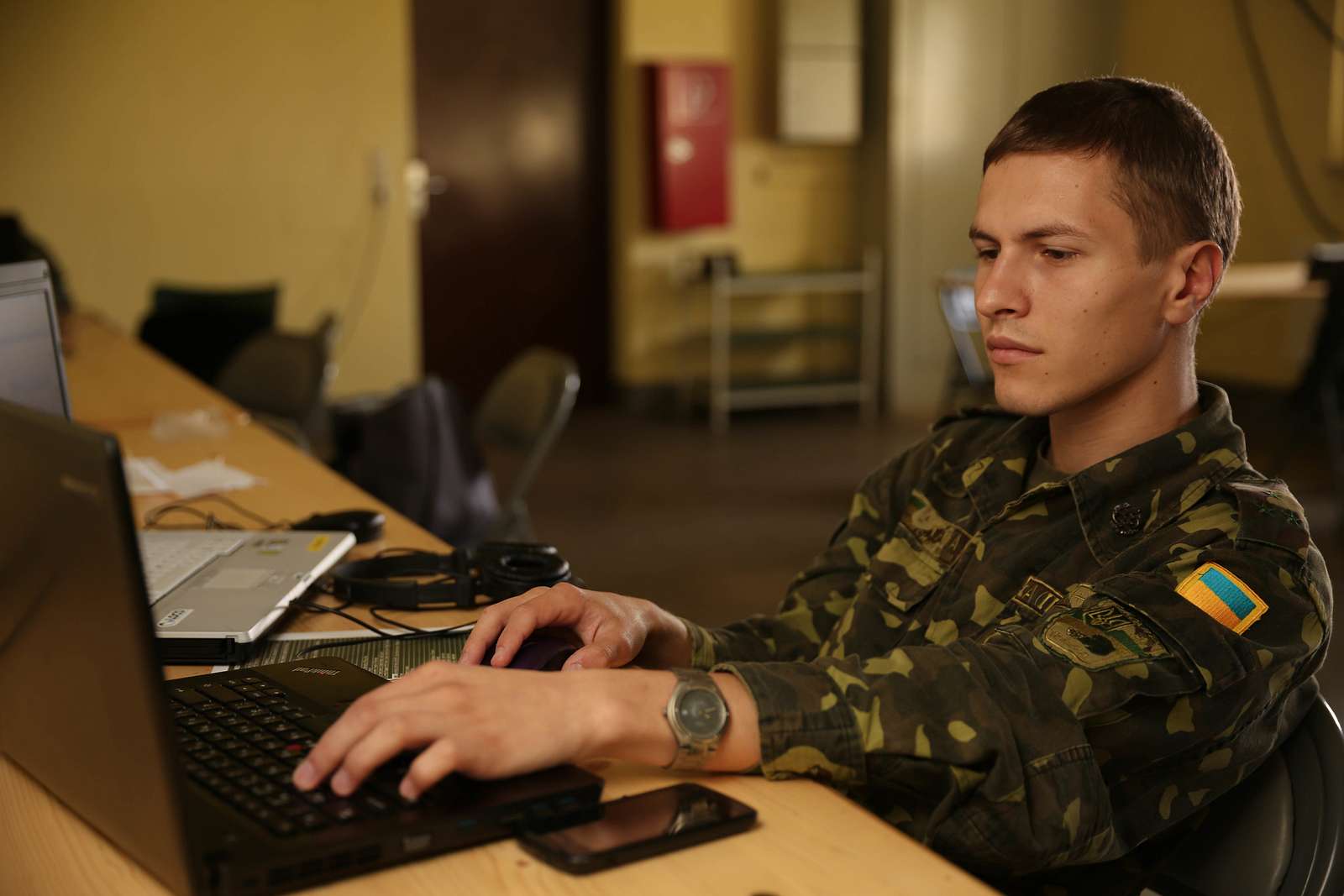Using Force in Pakistan Without Pakistani Consent: New Developments and Timely Scholarship
A host of recent events--Iran's shoot-down of a U.S. drone, the downward spiral in US-Pakistani relations, and rumors of peace talks between the Pakistani government and Pakistani extremist groups--combine to form the relevant backdrop for this story, in which a Pakistani official claims that orders have issued to attempt to deny Pakistani airspace to U.S.
A host of recent events--Iran's shoot-down of a U.S. drone, the downward spiral in US-Pakistani relations, and rumors of peace talks between the Pakistani government and Pakistani extremist groups--combine to form the relevant backdrop for this story, in which a Pakistani official claims that orders have issued to attempt to deny Pakistani airspace to U.S. drones. That may or may not be the case, but the important point is that it is not difficult to imagine on current trends that the situation in Pakistan will shift from a quietly consensual scenario to one in which drones strikes would have to be carried on, if at all, on a non-consensual basis. Perhaps the same will end up being the case, moreover, in Yemen, depending on how the upheaval there plays out.
If this happens, we will need to pay more attention to the details of the argument that unconsented uses of force on another state's territory can be lawful (from a UN charter perspective) pursuant to the unwilling-or-unable test. Fortunately, there is a terrific forthcoming article from Ashley Deeks, to be published in the Virginia Journal of International Law, that explores this question. Timely and insightful reading (click on the title below to go to the SSRN page that lets you download the article itself):
"Unwilling or Unable": Toward an Extra-Territorial Framework for Self-Defense”
Ashley Deeks (Columbia Law School) Virginia Journal of International Law, ForthcomingNon-state actors, including terrorist groups, regularly launch attacks against states, often from external bases. When a victim state seeks to respond with force to those attacks, it must decide whether to use force on the territory of another state with which it may not be in conflict. International law traditionally requires the victim state to assess whether the territorial state is “unwilling or unable” to suppress the threat itself. Only if the territorial state is unwilling or unable to do so may the victim state lawfully use force. Yet there has been virtually no discussion, either by states or scholars, of what that test requires. The test’s lack of content undercuts its legitimacy and suggests that it is not currently imposing effective limits on the use of force by states at a time when trans-national armed violence is pervasive. This Article provides the first sustained descriptive and normative analysis of the test. Descriptively, it explains how the “unwilling or unable” test arises in international law as part of a state’s inquiry into whether it is necessary to use force in response to an armed attack. It identifies the test’s deep roots in neutrality law, while simultaneously illustrating the lack of guidance about what inquiries a victim state must undertake when assessing whether another state is “unwilling or unable” to address a particular threat. Normatively, the Article plumbs two centuries of state practice to propose a core set of substantive and procedural factors that should inform the unwilling or unable” inquiry. It then applies those factors to a real-world example – Colombia’s use of force in Ecuador in 2008 against the Revolutionary Armed Forces of Colombia – to explore how the use of these factors would affect the involved states‟ decision-making and the evaluation by other states of the action’s legality. The Article argues that the use of these factors would improve the quality of state decision-making surrounding the use of force in important substantive and procedural ways.
Robert (Bobby) Chesney is the Dean of the University of Texas School of Law, where he also holds the James A. Baker III Chair in the Rule of Law and World Affairs at UT. He is known internationally for his scholarship relating both to cybersecurity and national security. He is a co-founder of Lawfare, the nation’s leading online source for analysis of national security legal issues, and he co-hosts the popular show The National Security Law Podcast.





